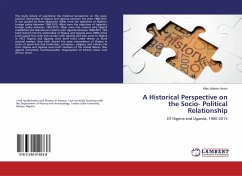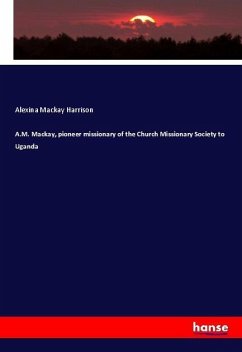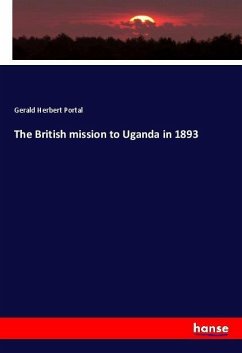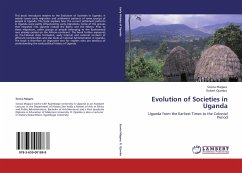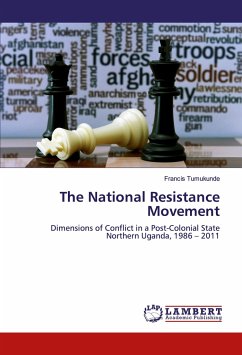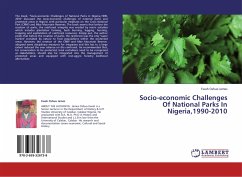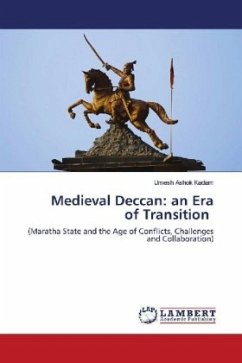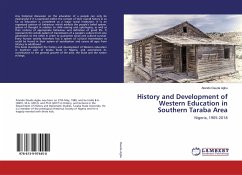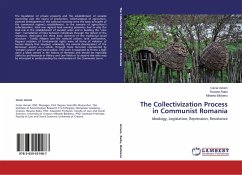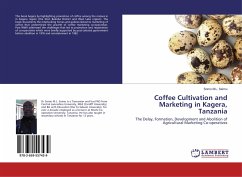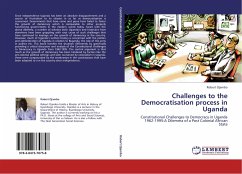
Challenges to the Democratisation process in Uganda
Constitutional Challenges to Democracy in Uganda 1962-1995:A Dilemma of a Post Colonial African State
Versandkostenfrei!
Versandfertig in 6-10 Tagen
39,99 €
inkl. MwSt.

PAYBACK Punkte
20 °P sammeln!
Since independence Uganda has been an absolute disappointment and a source of frustration to its citizens in as far as democratization is concerned. Governments that have come and gone have failed to foster the growth of democracy which is comparable to other properly functioning governments in the modern world today. Faced with the above dilemma, a number of scholars both Ugandans and historians from elsewhere have been grappling with root cause of such challenges that have continued to impinge on the growth of democracy in the country. However, much of Uganda s written history is concerned w...
Since independence Uganda has been an absolute disappointment and a source of frustration to its citizens in as far as democratization is concerned. Governments that have come and gone have failed to foster the growth of democracy which is comparable to other properly functioning governments in the modern world today. Faced with the above dilemma, a number of scholars both Ugandans and historians from elsewhere have been grappling with root cause of such challenges that have continued to impinge on the growth of democracy in the country. However, much of Uganda s written history is concerned with the politics and administration of Uganda in relation to Buganda, the role of the army in politics etc. This book handles the situation differently by specifically providing a critical discussion and analysis of the Constitutional Challenges to Democracy in Uganda from 1962-1995. The central argument is that much as the growth of democracy has been hindered by factors like the pre-colonial political settings and later worsened by colonialism in Uganda, these were compounded by the weaknesses in the constitutions that have been adopted to run the country since independence.



